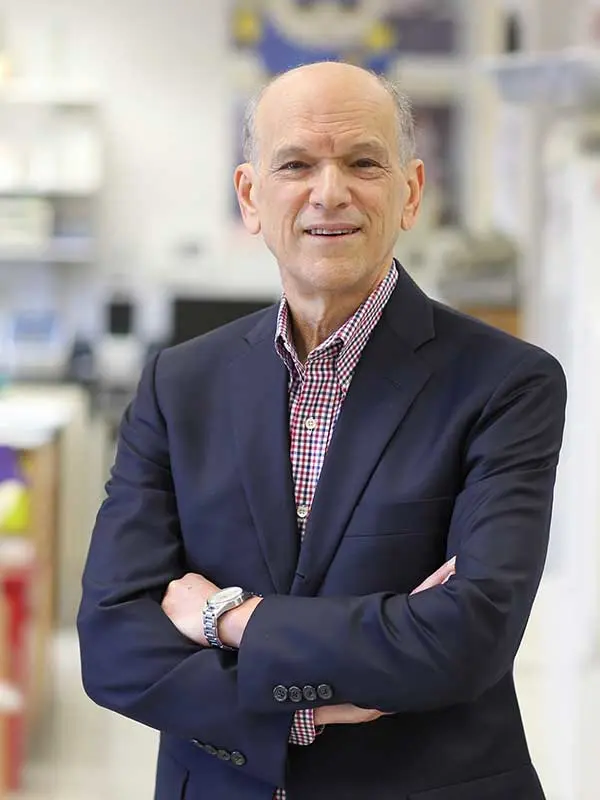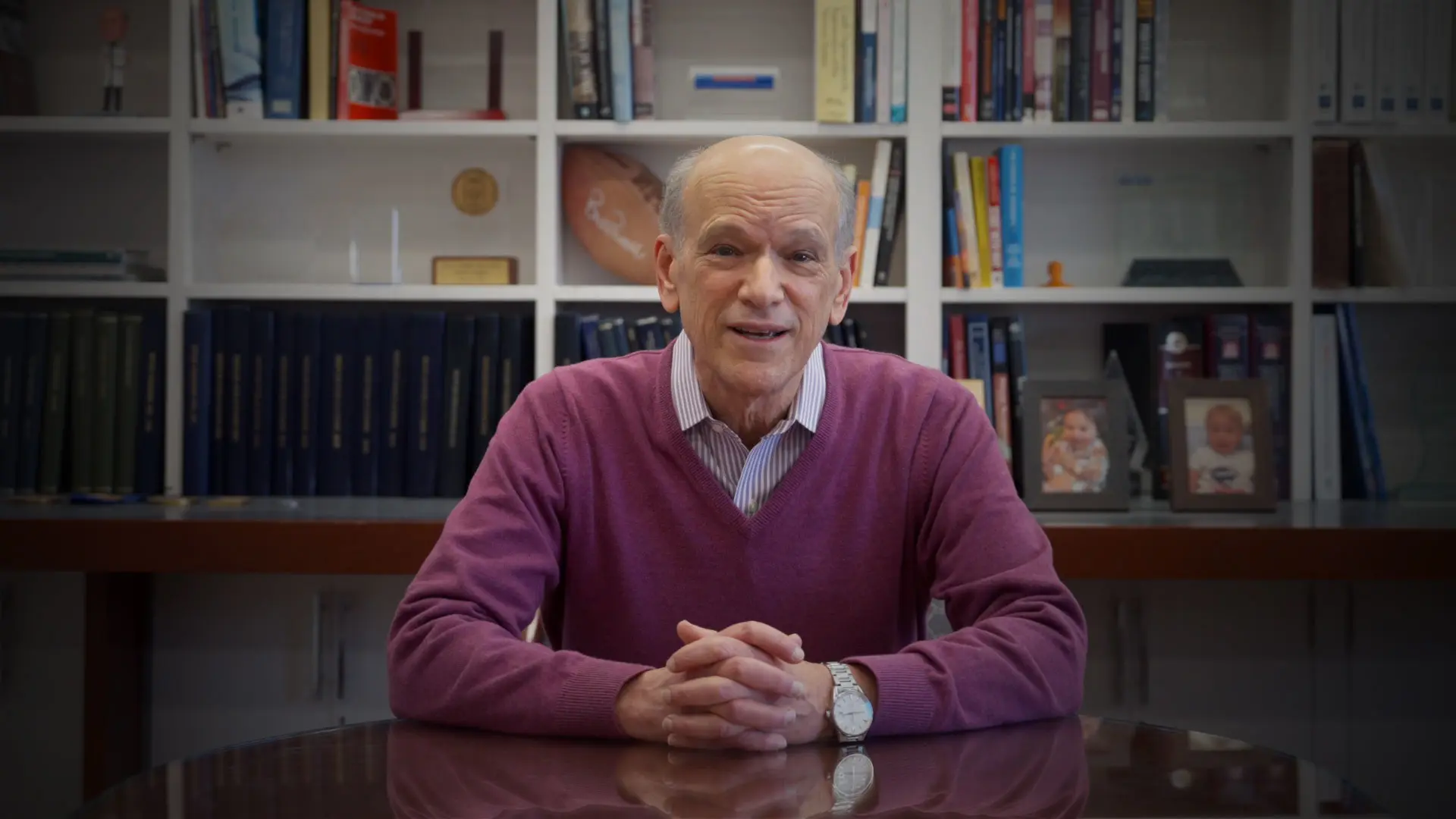We look forward to our 15th Annual Neuroscience Retreat in May and the publication of a special supplement in Science magazine in June focused on frontiers in brain research. Our activities will culminate in a scientific symposium at Mount Sinai on October 3 that will showcase The Friedman Brain Institute’s groundbreaking work. We have a lot to celebrate.
The Spring 2023 issue of the FBI newsletter highlights one novel area of research: social neuroscience. Work over the past decade has demonstrated the importance of social experience in shaping the brain and the ways in which different types of social interactions—both positive and negative—exert long-lived effects on the brain’s structure and function.
We provide three brief vignettes focused on the inherently rewarding effects of normal social interactions in rodent models and in humans. We illuminate the powerful, deleterious, and lasting consequences of social trauma and bullying, and of social isolation, on an individual’s well-being and risk for serious mental disorders. We explain the circuit mechanisms through which the human brain computes social relationships, including social hierarchies among groups of individuals.
Our recognition of the importance of social behavior has become even more urgent as we examine the consequences of the dislocations, isolation, and stress caused by the COVID-19 pandemic and society’s responses to it. Abnormalities in social behavior are core aspects of virtually all psychiatric syndromes, and this work promises major advances in developing new approaches and effective treatments for these conditions.
Featured

Eric J. Nestler, MD, PhD
Nash Family Professor of Neuroscience, Director, The Friedman Brain Institute, Dean for Academic Affairs, Icahn School of Medicine at Mount Sinai; and Chief Scientific Officer, Mount Sinai Health System
